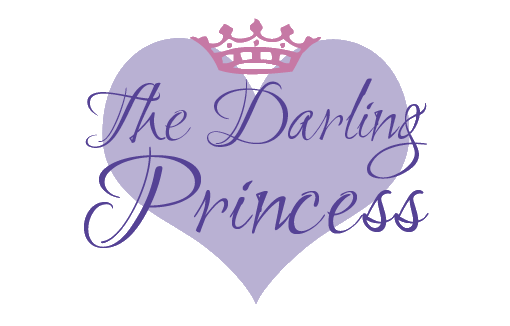One Way to Educate
One of the ways anyone can educate the public and those in positions of power is to write a letter exposing the facts, mingling them with real people’s stories and putting out very specific actions that you want the educated to take. This can take many forms.
A letter to the editor may be to get regular people to think a certain way. The same is true of a blog post or other social media. If you have a school board member who wants to bring abortion vendors into your school, you would write to the Board member, but then try to get it published as an open letter.
This is also effective for putting pressure on legislators and other officials, such as the zoning commission of your city or town. If a letter is strong, many outlets will publish it just to incite discussion and call attention to their publication. They are not necessarily going to be on your side, but that doesn’t matter if you get the word out. Write it in such a way that the public will help to give voice to the conversation.
Below is a letter to a legislator concerning a recent public policy discussion. Notice the pattern: first, she thanks them for service, then points out positive(s), then intersperses personal information, it need not be yours, then addresses the problem head on, offers a different point of view and a potential solution.
Hooray! You have educated the person who can make a difference. If you get it published, you may educate many people, well beyond the scope of your imagination.
Dear Congresswoman Ellmers,
Thank you for your service to our great country. Thank you for your concern for trafficking victims, in particular. In your statements, you and Ms Wasserman-Schultz both identified yourselves as women, implying that you were looking out for your demographic by introducing H.R. 398, a bill to Educate and Equip Healthcare Professionals to Recognize Signs of Human Trafficking So They Can Intercede on Patients’ Behalf. This is admirable.
Sex trafficking is a very prevalent problem and teaching people in health care how to identify it, is definitely one of the ways to combat it and rescue victims.
I can more fully identify with the demographic of trafficked women. I was conceived by rape and that knowledge made me vulnerable to traffickers. I felt worth less than others because of the continued sexual abuse and neglect. I was first sold on my 14th birthday. Standing in three inches of slush that topped my sneakers, I met with the man who groomed me all summer long.
H.R. 36, the Pain Capable Unborn Child Protection Act specifically singled out trafficking victims, making them vulnerable to the abortion industry. This further violation is abhorrent. It would serve traffickers well, keeping their victims subdued and further subjecting them to constant degradation and often brutal rapes. Covering the crime of child sexual abuse is in direct opposition to your H.R. 398.
H.R. 36 would ban the brutal practice of killing babies after 20 weeks gestation. Even if one were to suggest that a rape victim is detrimentally impacted by the pregnancy, which is dubious at best, can you justify the affirmation that a rape victim’s baby is somehow less of a human being than a child conceived with wine and roses?
Does the child’s existence warrant being hacked limb from limb and having her little head crushed or her heart being pierced and injected with potassium chloride to cause an excruciating heart attack or being burned, inside and out, with saline solution?
When the women realize what they have participated in, what will you do? As she is reaching adulthood and learns of the level of prenatal development; that her baby was fully formed and needed only weeks to grow before he or she could be delivered and given a chance for a fruitful life, are you willing to have her further torment on your conscience? Or when she delivers that dead baby and the compounded trauma relegates her to a lifetime of PTSD, will you be able to ignore the effects on society?
The text of H.R. 36 reads, in part, (ii) the pregnancy is the result of rape, or the result of incest against a minor, if the rape has been reported at any time prior to the abortion to an appropriate law enforcement agency, or if the incest against a minor has been reported at any time prior to the abortion to an appropriate law enforcement agency or to a government agency legally authorized to act on reports of child abuse or neglect.
As a runaway, I was arrested numerous times, Child In Need of Service requests were made to the local authorities. This is very common among trafficked children. There is a report of abuse or neglect by definition. I did get pregnant by a man who bought me as a house pet. He demanded I have an abortion and threatened my life, if I didn’t kill my baby. This is also common among trafficking victims.
I implore you to work to remove the rape and incest exceptions from H.R. 36. If you believe, as I believe, that women and children who have been victims of rape should not be further victimized, then you will work against the exceptions in the bill. You have already demonstrated the desire to protect your demographic. Show your courage to be their advocate in this matter.
Respectfully Submitted,
Darlene Pawlik
What do you think of this kind of format for your educational letters?



